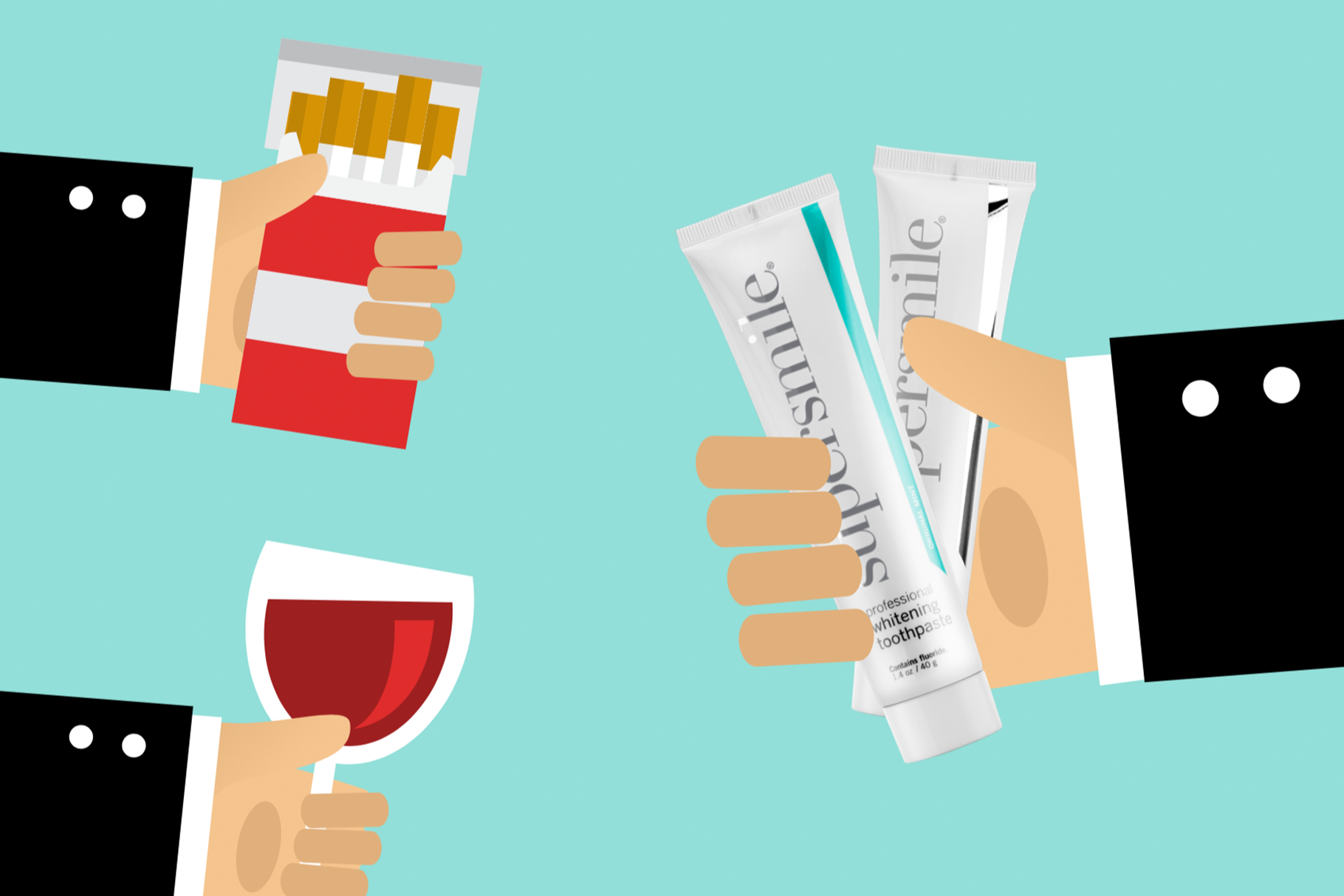new generation toothbrushes
Description
Smarter design, cleaner mouth. new generation toothbrush features an ergonomic Lucite handle that guarantees the ADA recommended brushing angle is maintained.
Our signature blue, pink, and green brushes now feature a longer handle, offering a stronger, more comfortable grip for those who want extra control and ease while brushing.
With a patented 45° angled brush head and 5 tufted rows of soft DuPont bristles, new generation toothbrush cleans below the gum line and polishes the tooth surface. Center bristles effectively clean areas where plaque and bacteria can accumulate. It’s the number one toothbrush recommended by aesthetic dentists. Even better? It stands upright for hygienic drying.
• The ONLY toothbrush recommended by aesthetic dentists (and we can back that up!)
• Unique brush head that cleans under the gum line
• Ergonomic handle that guarantees proper brushing
• Stands upright for hygienic drying


